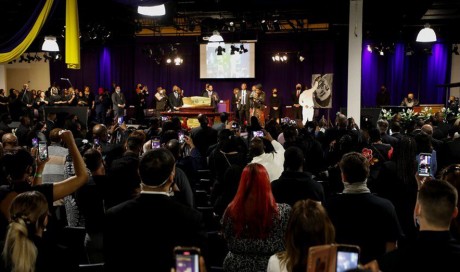New rules coming into effect on August 31 by the Canadian government offer residents and expatriates the option of selecting a neutral gender on their passports.
Newly issued passports in coming months will introduce a third “X” option to indicate trans or non-binary identification instead of traditional “M” or “F” designations for male and female identity markers.
A growing number of countries such as Australia, New Zealand, Denmark and Germany are offering gender-neutral passports and a third option is allowed under the International Civil Aviation Organisation.
The UAE is not listed as one of the countries offering gender-neutral passports.
Pakistan issued its very first gender-neutral passport in June paving the way for other trans and non-binary people in that country.
Matt Colp, a Canadian expat living in Dubai, said he believes the extra option may seem like a good idea for countries which are aware of the change but said travellers bearing the gender-neutral X could be in for difficult discussions at customs counters in more conservative countries.
“I hope it doesn’t cause any problems for anyone travelling overseas and I certainly hope that the Canadian government informs other governments abroad that it is making this change,” Colp said. “International travel is already difficult enough without another frustrating layer of bureaucracy.”
Shelly Everingham, a Canadian expatriate living in Dubai, said she likes the idea of giving people the option to choose but also wondered whether it will complicate international travel in countries that use gender as part of screening procedures.
“Canadians have always been good at not seeing gender, age or colour so this is forward thinking but it could cause problems when it is not recognised by customs officers in an airport in another more conservative country,” Everingham said.
In Canada, Immigration Minister Ahmad Hussen announced that giving Canadians a third option was about ensuring equality for all citizens.
“By introducing an ‘X’ gender designation in our government-issued documents, we are taking an important step towards advancing equality for all Canadians regardless of gender identity or expression,” Hussen said in a statement from Immigration, Refugees and Citizenship Canada (IRCC)
Adrienne Smith, a Toronto immigration lawyer practising in transgender law, told Global TV that while Canada and other countries may recognise non-gender designations, other countries abroad may not.
“Any foreign country has the right to refuse entry to any visitor,” she said.
In June, the Canada government passed a new law to protect “gender identity and expression” among race, religion, age, sex and sexual orientation against discrimination within the Canadian Human Rights Act.
Share This Post















